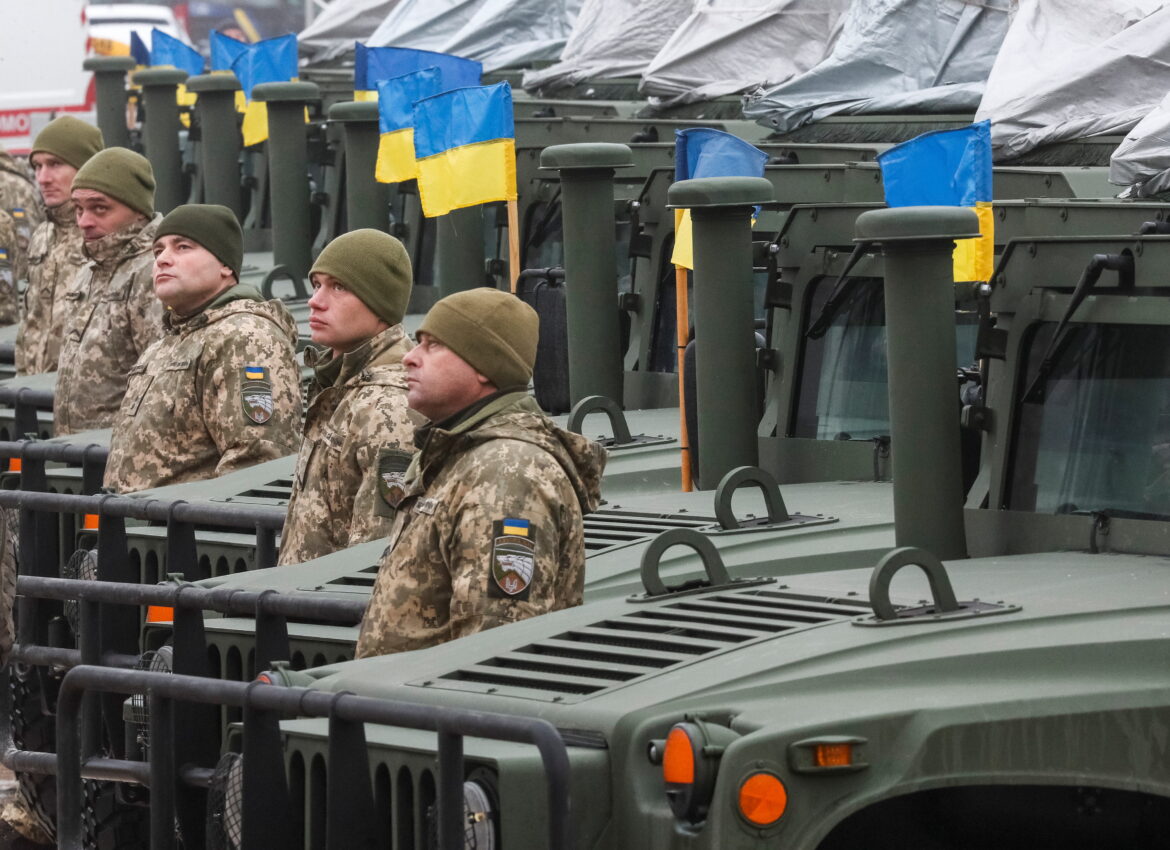 Volunteer groups and NGOs have collectively received funds totaling just over $570,000, a new study finds, much of it over the past year.
Volunteer groups and NGOs have collectively received funds totaling just over $570,000, a new study finds, much of it over the past year.
Facing the threat of a Russian invasion, Ukrainians are raising thousands of dollars for volunteer groups by crowdfunding bitcoin, a new study found. Bitcoin has emerged as an important alternative funding method for volunteer groups, according to a study by Elliptic, allowing international donors to bypass financial institutions that are blocking payments to these groups.
Elliptic identified several cryptocurrency wallets used by volunteer groups and non-governmental organizations (NGO), which have collectively received funds totaling just over $570,000 – much of it over the past year.
The majority of donations were received through traditional payment methods, such as bank wires and online payments services, Elliptic said, but “cryptocurrency has proved to be a robust and increasingly popular alternative.” The buildup of over 100,000 Russian troops near Ukraine has fueled Western worries of a possible offensive and White House national security adviser Jake Sullivan warned that Russia could invade Ukraine “any day.” President Joe Biden said on Monday that the Nord Stream 2 Russia-to-Germany gas pipeline will be blocked if Russia further invades Ukraine, the Associated Press reported. Activists have deployed crypto for such things as military equipment, medical supplies and drones and a facial recognition app that allows users to identify “militants, Russian mercenaries and war criminals.” Come Back Alive is one of the largest organizations providing support to the Ukrainian army, the study said.
Founded in 2014, the group takes its name from the inscriptions on the bullet-proof vests that were its first donations to the army. The group now provides a range of military equipment, training services and medical supplies. Come Back Alive has also funded the development of a drone-based reconnaissance and targeting systems for Ukrainian artillery units. MILITANTS, RUSSIAN MERCENARIES AND WAR CRIMINALS Come Back Alive began accepting cryptoassets in 2018, and it has seen a recent surge in bitcoin donations – with close to $200,000 received in the second half of 2021. The Ukrainian Cyber Alliance is a collective of activists who have engaged in cyberattacks against Russian targets since 2016.
The group’s operations have reportedly included attacks on propaganda websites, the Russian Ministry of Defense and various individuals linked to Russia’s activities in Ukraine. Unlike other groups, which rely heavily on bank wires, the Ukrainian Cyber Alliance’s public fundraising relies exclusively on cryptoasset donations and has received close to $100,000 over the past year in bitcoin, litecoin, ether and stablecoins. Another group, Myrotvorets Center “is a controversial, Kiev-based NGO, with strong links to the Ukrainian government and law enforcement agencies,” Elliptic said. Myrotvorets Center has accepted cryptoasset donations since 2016, and the group found particular success when fundraising for its “IDentigraf” project. IDentigraf is a facial recognition app, which allows users to identify “militants, Russian mercenaries and war criminals” listed in the Myrotvorets database – based on a photograph.
To date, it has raised at least $268,000 through more than 100 bitcoin donations. Last year, the Palestinian militant group Hamas saw a surge in cryptocurrency donations since the start of the armed conflict with Israel, the Wall Street Journal reported.



